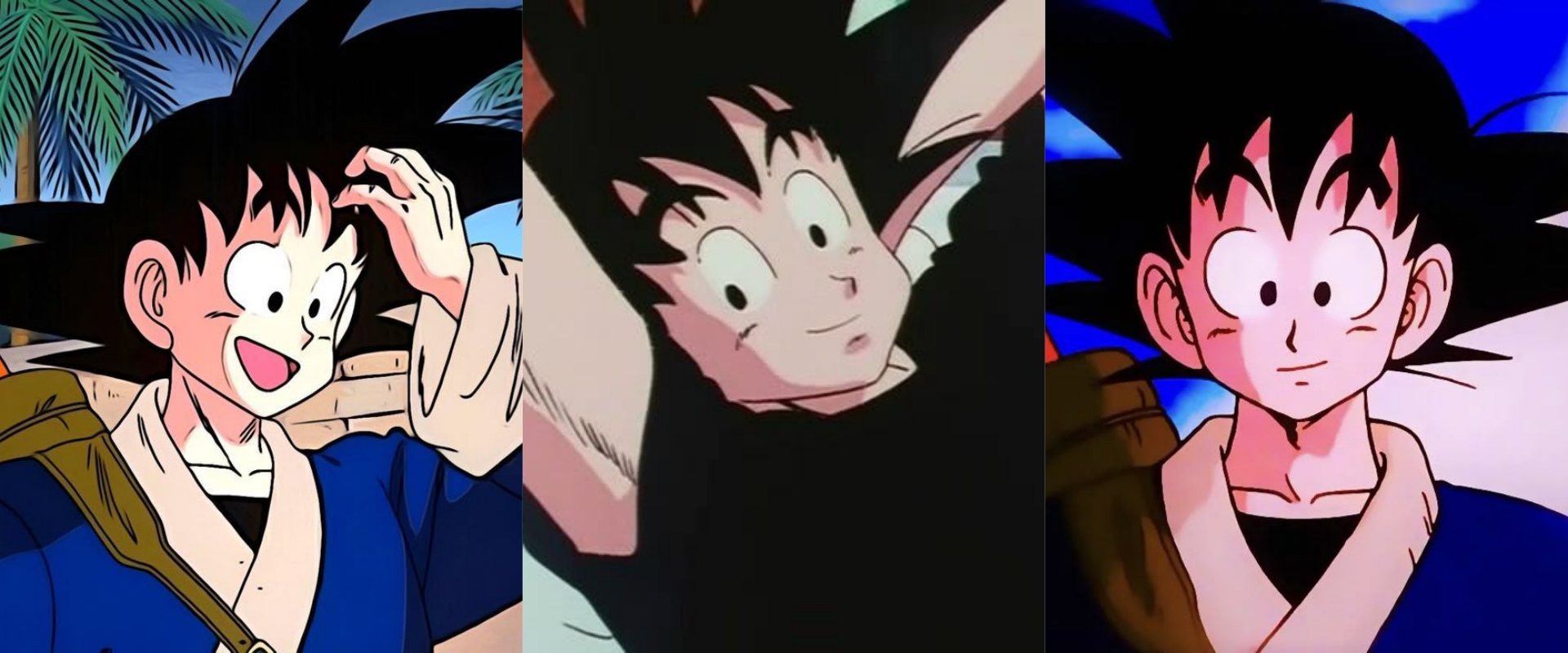Describe a person you disliked at first but ended up being friends with
Notes
You should say:
Who he/she is
How you knew him/her
Why you disliked him/her at first but changed your mind
And explain how you feel about the experience
Well, oddly enough, this person is my lab partner, Jason, whom I met at the start of our first-year research project. Initially, I guess I didn’t warm to him at all—he came across as really brusque and hyper-competitive, interrupting everyone in meetings just to get his own point across.
Come to think of it, it wasn’t until halfway through the semester that I saw a different side: during a late-night data crunch, he stayed behind to help me debug a stubborn code error instead of rushing home. Believe it or not, he spent hours walking me through each function, even though it meant missing his own dinner.
If I’m being honest, I realised that his “arrogant” style was really just his passion for precision and teamwork—he cared so much that he spoke up bluntly. From that moment, we started collaborating more smoothly, swapping feedback and dividing tasks based on our strengths.
At the end of the day, I feel grateful for that experience because it taught me not to judge someone by first impressions. Frankly speaking, Jason’s directness has pushed me to be more assertive, and I’m glad we went from friction to a solid friendship.
Well, oddly enough, this person is my lab partner, Jason, whom I met at the start of our first-year research project.
/wel ˈɒd.li ɪˈnʌf ðɪs ˈpɜː.sən ɪz maɪ læb ˈpɑːt.nə ˈdʒeɪ.sən huːm aɪ mɛt æt ðə stɑːt əv aʊə fɜːst jɪə rɪˈsɜːtʃ ˈprɒdʒɛkt/
Initially, I guess I didn’t warm to him at all—he came across as really brusque and hyper-competitive, interrupting everyone in meetings just to get his own point across.
/ɪˈnɪʃ.əli aɪ gɛs aɪ ˈdɪd.ənt wɔːm tuː hɪm æt ɔːl — hiː keɪm əˈkrɒs əz ˈrɪəli bruːsk ænd ˌhaɪ.pə kəmˈpɛt.ɪ.tɪv, ɪn.təˈrʌpt.ɪŋ ˈɛv.ri.wʌn ɪn ˈmiː.tɪŋz dʒʌst tuː gɛt hɪz əʊn pɔɪnt əˈkrɒs/
Come to think of it, it wasn’t until halfway through the semester that I saw a different side: during a late-night data crunch, he stayed behind to help me debug a stubborn code error instead of rushing home.
/kʌm tuː θɪŋk əv ɪt, ɪt ˈwɒz(ə)nt ənˈtɪl ˈhɑːfˌweɪ θruː ðə sɪˈmɛs.tə ðæt aɪ sɔː ə ˈdɪf.ər.ənt saɪd: ˈdjʊərɪŋ ə leɪt naɪt ˈdeɪ.tə krʌnʧ, hiː steɪd bɪˈhaɪnd tuː hɛlp miː ˌdiːˈbʌɡ ə ˈstʌb.ən kəʊd ˈɛr.ər ɪnˈstɛd əv ˈrʌʃ.ɪŋ həʊm/
Believe it or not, he spent hours walking me through each function, even though it meant missing his own dinner.
/bɪˈliːv ɪt ɔː nɒt, hiː spɛnt ˈaʊəz ˈwɔː.kɪŋ miː θruː iːʧ ˈfʌŋk.ʃən, ˈiː.vən ðəʊ ɪt mɛnt ˈmɪs.ɪŋ hɪz əʊn ˈdɪn.ər/
If I’m being honest, I realised that his “arrogant” style was really just his passion for precision and teamwork—he cared so much that he spoke up bluntly.
/ɪf aɪm ˈbiː.ɪŋ ˈɒn.ɪst, aɪ ˈriːə.laɪzd ðæt hɪz ˈær.ə.ɡənt staɪl wɒz ˈrɪəli dʒʌst hɪz ˈpæʃ.ən fə prɪˈsɪʒ.ən ænd ˈtiːm.wɜːk — hiː keəd səʊ mʌʧ ðæt hiː spəʊk ʌp ˈblʌnt.li/
From that moment, we started collaborating more smoothly, swapping feedback and dividing tasks based on our strengths.
/frɒm ðæt ˈməʊmənt, wiː ˈstɑː.tɪd kəˈlæb.ə.reɪ.tɪŋ mɔː ˈsmuːð.li, ˈswɒp.ɪŋ ˈfiːd.bæk ænd dɪˈvaɪ.dɪŋ tɑːsks beɪst ɒn aʊə ˈstrɛŋθs/
At the end of the day, I feel grateful for that experience because it taught me not to judge someone by first impressions.
/æt ði end əv ðə deɪ, aɪ fiːl ˈɡreɪtfəl fə ðæt ɪkˈspɪə.riəns bɪˈkɒz ɪt tɔːt miː nɒt tuː dʒʌdʒ ˈsʌm.wʌn baɪ fɜːst ɪmˈprɛʃ.ənz/
Frankly speaking, Jason’s directness has pushed me to be more assertive, and I’m glad we went from friction to a solid friendship.
/ˈfræŋk.li ˈspiːkɪŋ, ˈdʒeɪ.sənz dəˈrɛkt.nəs hæz pʊʃt miː tuː biː mɔːr əˈsɜː.tɪv, ænd aɪm ɡlæd wiː wɛnt frəm ˈfrɪk.ʃən tuː ə ˈsɒl.ɪd ˈfrɛn.dʃɪp/
part 3
Notes
1.What do you think of making friends online?
2.Is it a good idea to make friends who are much older than you?
3.Do you enjoy meeting new people?
4.Do you think friendship is important?
5.Why is it difficult for some people to make friends with others?
6.Do we benefit from having friends with different personalities?
